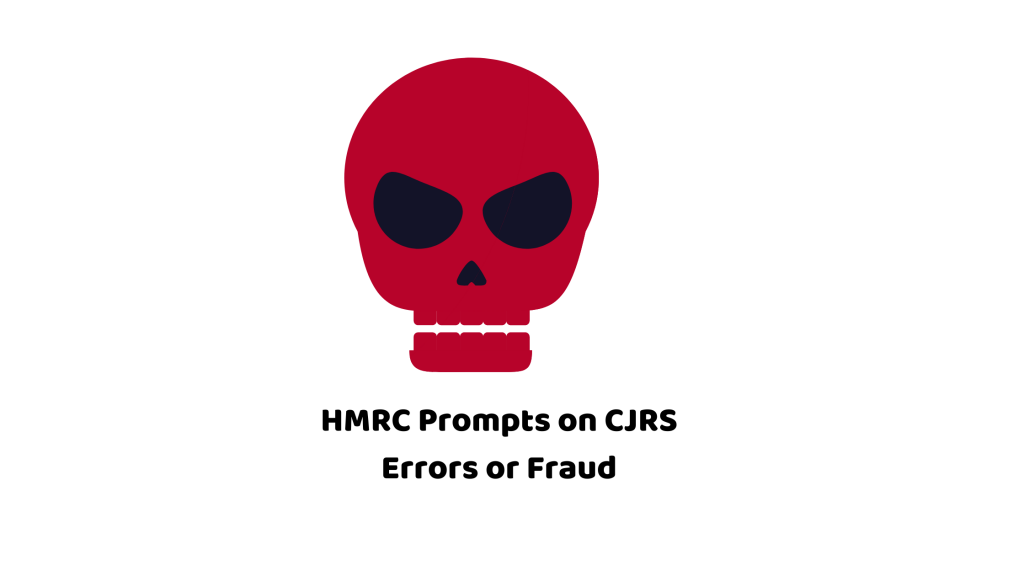Letters relating to CJRS fraud should not be ignored by accountants or clients.
Practitioners will be aware of, or may have received on behalf of their clients, HMRC letters prompting them to correct any errors made on claims relating to the Coronavirus Job Retention Scheme (CJRS) grants.
HMRC has recently started sending out these letters – about 3,000 per week. These letters will invite the client to declare whether any overclaims were made by them in relation to CJRS grants.
The letters should not be ignored – they must be responded to even if the client believes no declaration is due. A response by letter should suffice for these purposes. Legal or expert advice should be sought before any ‘certificate of tax position’ is signed and submitted to HMRC.
It would be advisable for practitioners to start advising their clients that all claims are checked and ensure full records are available supporting the claims. Practitioners will have assisted many clients on submitting the claims on behalf of their clients and while they may been provided with computations and payroll records, they may not be aware of any other conditions that may have broken by the client or their staff.
The Finance Act 2020, Schedule 16 contains an amnesty for notifying HMRC of any errors or overclaims within 90 days of the later of any tax charge being payable due to the overclaim and the date of Royal Assent of the Act. As such, the earliest date this amnesty will expire will be 20 October 2020.
The following behaviours should be checked and corrected within the time limits of this amnesty:
- not being aware that remote staff are working, eg work-related emails being generated or line managers asking furloughed staff to carry out some work
- technical or computational issues – innocent errors such as where there is misunderstanding of the methods of certain calculations will not be targeted
- delays in making payment to staff for the wages due from the furlough grants
- deliberate fraudulent behaviour
This will be the only chance employers have to remedy their position without any penalties being charged so it is crucial that clients respond promptly to HMRC.
Penalties for those who fail to notify HMRC within the ‘amnesty’ period but knowingly received the CJRS grant or overclaimed the grant even though they were not entitled to claim it due to any changes in their circumstances will be based on ‘deliberate and concealed’ behaviour. This could potentially make the client liable to a penalty of 100% of the tax due.
Appealing against any penalties
While no appeal can be made against an investigation being opened, practitioners should familiarise themselves with the appeals processes once any decision has been made by an HMRC officer. The following procedures are available after the conclusion of an enquiry:
- Appeal in writing within 30 days of closure notice – this is a strict time limit and failure to give notice of appeal within this time frame can have serious consequences. A late notice of appeal with only be allowed exceptionally if there is a reasonable excuse
- Requesting an internal review of the decision – this will be done within HMRC by an officer not involved with the original enquiry decision
- Appeal to the First Tier Tribunal – this can only be requested once the first two processes have been completed and no satisfactory conclusion has been obtained. Expert or legal advice should be sought before making representations at the First Tier Tribunal.





















































